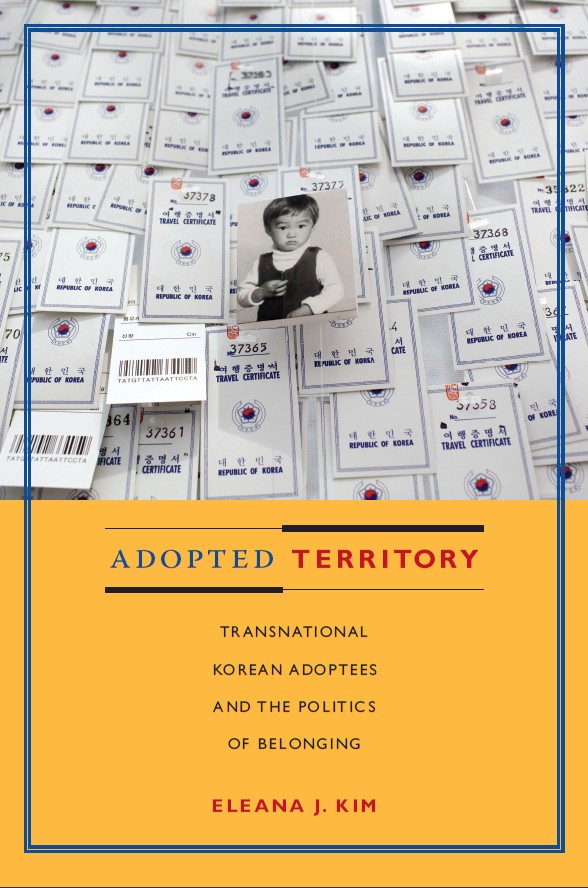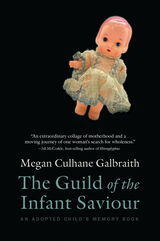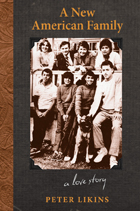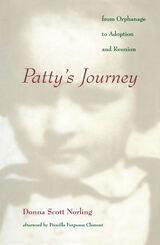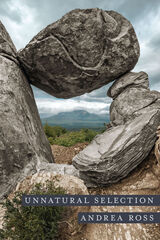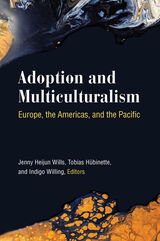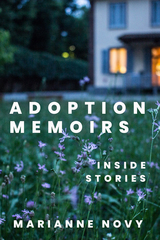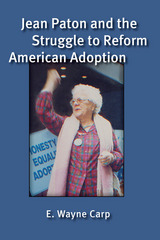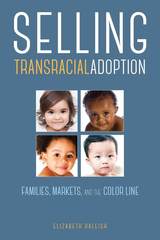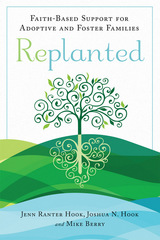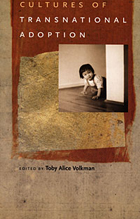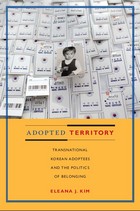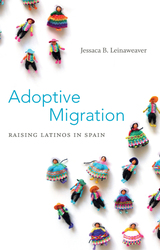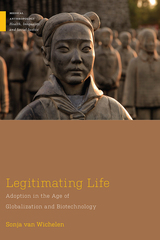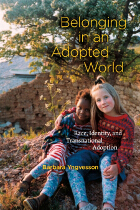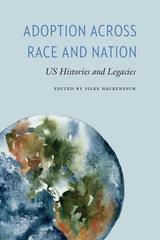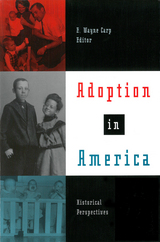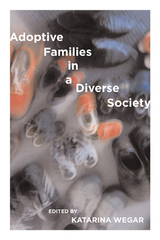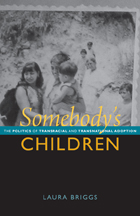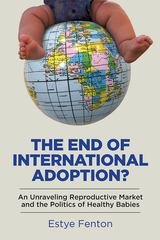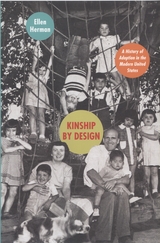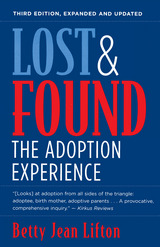Adopted Territory: Transnational Korean Adoptees and the Politics of Belonging
Duke University Press, 2010
eISBN: 978-0-8223-9266-8 | Cloth: 978-0-8223-4683-8 | Paper: 978-0-8223-4695-1
Library of Congress Classification HV875.5.K49 2010
Dewey Decimal Classification 306.874
eISBN: 978-0-8223-9266-8 | Cloth: 978-0-8223-4683-8 | Paper: 978-0-8223-4695-1
Library of Congress Classification HV875.5.K49 2010
Dewey Decimal Classification 306.874
ABOUT THIS BOOK | AUTHOR BIOGRAPHY | REVIEWS | TOC | REQUEST ACCESSIBLE FILE
ABOUT THIS BOOK
Since the end of the Korean War, an estimated 200,000 children from South Korea have been adopted into white families in North America, Europe, and Australia. While these transnational adoptions were initiated as an emergency measure to find homes for mixed-race children born in the aftermath of the war, the practice grew exponentially from the 1960s through the 1980s. At the height of South Korea’s “economic miracle,” adoption became an institutionalized way of dealing with poor and illegitimate children. Most of the adoptees were raised with little exposure to Koreans or other Korean adoptees, but as adults, through global flows of communication, media, and travel, they have come into increasing contact with each other, Korean culture, and the South Korean state. Since the 1990s, as Korean children have continued to leave to be adopted in the West, a growing number of adult adoptees have been returning to Korea to seek their cultural and biological origins. In this fascinating ethnography, Eleana J. Kim examines the history of Korean adoption, the emergence of a distinctive adoptee collective identity, and adoptee returns to Korea in relation to South Korean modernity and globalization. Kim draws on interviews with adult adoptees, social workers, NGO volunteers, adoptee activists, scholars, and journalists in the U.S., Europe, and South Korea, as well as on observations at international adoptee conferences, regional organization meetings, and government-sponsored motherland tours.
See other books on: Adoptees | Belonging | Intercountry adoption | Kim, Eleana J. | Korea (South)
See other titles from Duke University Press
